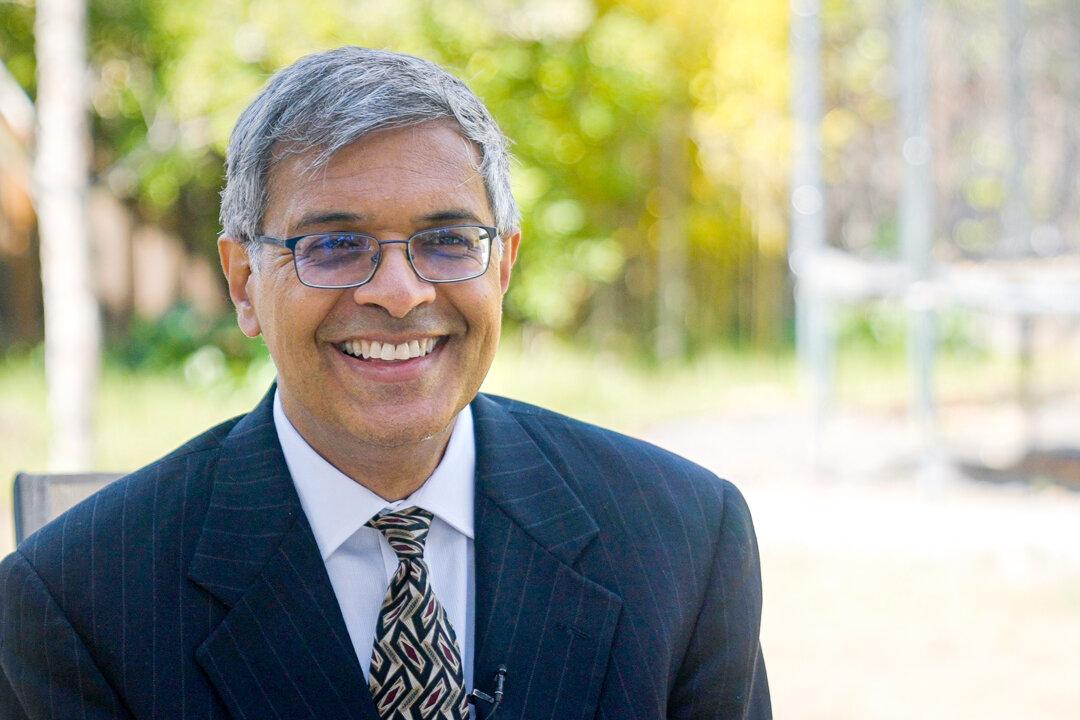Commentary
Jordan Peterson’s interview with Jay Bhattacharya is one of the more insightful conversations to come out of the post-pandemic period. It’s fascinating to see Peterson coming to terms with the sheer scale of the lockdown during which time he was rather sick. We could have used his voice then and I have no doubt that he would have been fantastic.





